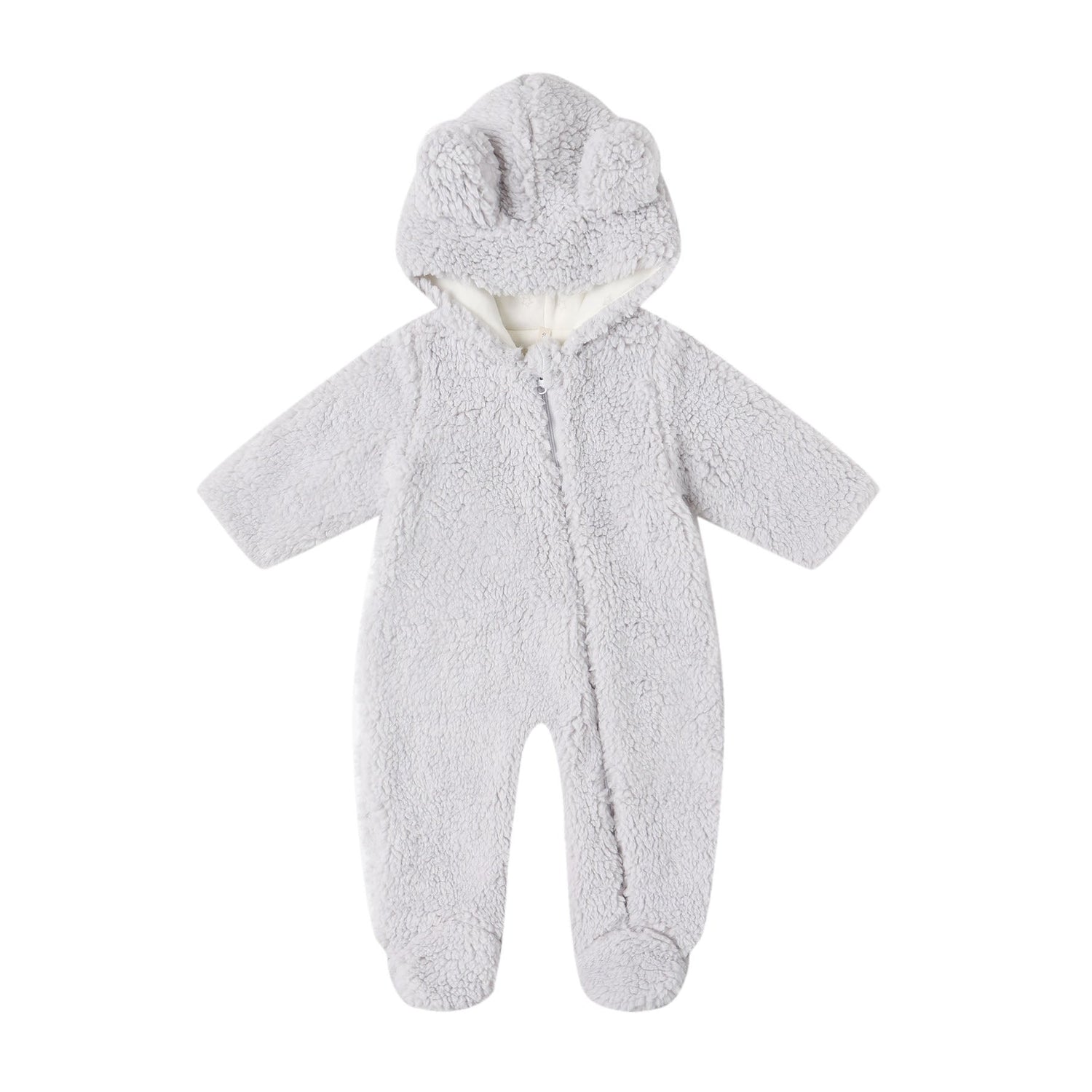Working with children in a school setting, you get trained to offer positive reinforcement in nearly every situation, and for every child. Positive reinforcement is one of those tools used in education to get us to show the kids that they're doing a great job, and to keep up the good work! Even if all they did to deserve the praise was not throw their pencil at their table neighbor. Little victories, I guess.
But once you have your own kids running around at home, it gets a little more difficult to see why positive reinforcement is important. Plus, do we even really understand what it is and how it works? What are the dos and don'ts, and what types of things can we expect from our kids if we offer consistent positive reinforcement?


What is Positive Reinforcement?
Not that difficult to understand at a theoretical level really. It just means that in order to increase a certain behavior, you produce a stimulus. We see it ALL the time with parenting. Giving your kid a high-five for finishing their lunch, or giving them some candy when they're successful on the potty are just two of a zillion examples of positive reinforcement you probably experience on a daily basis.Dos and Don'ts of Positive Reinforcement
When it comes to increasing our kids good behavior, it can get a little trickier to find those things that will really motivate them to "keep up the good work." A "great job" may work for some things, but it's probably not going to get the job done in most cases. Where we often run into trouble is offering the wrong type of stimulus for the behavior we want to repeat. Like if you gave your little guy some time on your phone because he was a trooper while shopping at Target, he may expect that phone every time he goes, and will make it very clear that he's not happy when he doesn't get the phone, and will then be an absolute wreck the next time you shop. Not like this has ever happened to me, though. In my horribly real example, I ended up having to change a bad behavior (i.e., screaming/crying/thrashing at Target) with a different type of reinforcement (i.e., consistent verbal praise during the shopping trip) to decrease the bad behavior and increase the good behavior. I'll admit this is still a work in progress for us! For some more tips on working on bad behaviors, you can read about another Cubby Mom's struggle and how she's working through it.

So what kinds of things should we do and say to our kids to get them to repeat good behavior? It's important to BE SPECIFIC when offering praise. Simply saying they did a great job doesn't explain to them why what they did should be repeated. Saying something like, "You listened so well when I said it was time to leave the park," lets them know listening is important, and worthy of your praise. Another aspect of positive reinforcement is showing our kids how their behaviors affect others. According to Lori Petro, a certified parent educator and founder of Teach Through Love, "Instead, try to focus on what your child is actually doing" and "share with your child specific information about how he matters rather than simply praising him in hopes that he will repeat the behavior." (Care.com)
Praise and rewards should also BE CONSISTENT and FREQUENT. Now, I'm not saying that your babe needs ice cream every time they don't sock their little sis in the nose, but you need to make sure that you're reinforcing as many good behaviors as you see to show your child the importance of appropriate behavior. Try your best not to give them too much attention when they aren't acting appropriately, because if they receive similar attention for bad behavior, you may create a monster. Be patient with yourself and your little ones, though.
What Can I Expect if I use Positive Reinforcement?
When it's done right, positive reinforcement can be a great way to improve your child's overall behavior and, maybe more importantly, their understanding of why those behaviors are good and some aren't. When we are specific about the types of things they're doing right, giving them praise and attention consistently and frequently when they are doing the right thing, and aren't giving them attention for bad behaviors, our children will gradually learn how their behaviors influence other people.Starting positive reinforcement in your home can definitely be frustrating when you're trying to cut out bad behaviors and see good ones, but stick with it! Our kids catch on quickly, and if we do our best to let them know when they're on the right track, they'll do their best to keep at it.
Featured Image Photo Credit: expertbeacon.com






